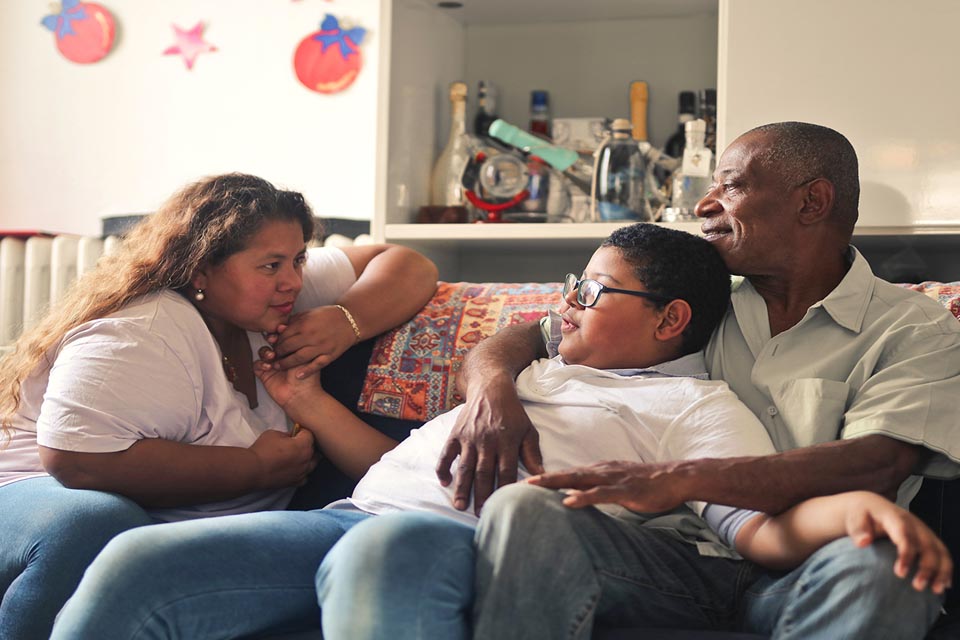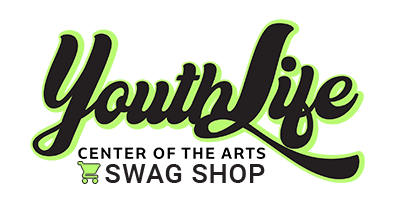Parenting may be the most terrifying, beautiful job of your life. It doesn’t come with a manual, and yet, somehow, we’re still expected to raise little humans into model citizens. As hard as parenting is, one thing that can help keep parental stress under control is learning to regularly empower your parenting skills.
Check out the list of ten parenting tips for empowerment below.
1. Realize Your Child is Growing Up
Try not to take their lousy attitude personally. For example, if your middle schooler storms off and slams the door after you tell them “no,” matching their energy with the same actions is giving into the poor behavior they’re exhibiting, which won’t help the situation.
Adolescence is about autonomy, wanting independence even though they’re unsure what it means or looks like. Empowering Parents compared this phase to caterpillars transforming into butterflies. The butterfly has to break out of its cocoon.…If you notice, they have to tear and claw their way out of the shell. They don’t get to the next stage of their lives passively. And unfortunately, neither do adolescents.
2. Set Boundaries
Kids want more freedom as they age; the trick is determining the sweet spot on how much to give them (and still parent). Setting limits with your child offers quick wins in parental empowerment. You and your child should be clear about what they can and cannot do, the people they can and cannot hang out with, and the places they can and cannot go. For example, a limit for a sixth grader wanting to wear makeup to school could be the allowance of eye shadow (from a makeup pallet you pick) and nothing else, one day out of each school week (allowing them to choose the day). The goal of boundaries is to add appropriate amounts of freedom according to your child’s age and maturity level.
3. Learn to manage your emotions.
You’ve got to be at your best to offer your kids the best you can. If you’re in an unhealthy mental, physical, and spiritual state, your ability to parent effectively will be impacted. Barry Winbolt, psychologist, coach, and therapist, insists the bottom line of parenting isn’t about the kids— it’s about personal development. Learn how to process emotions with confidence (instead of resist, react or avoid). Anytime you lose control, yell, or argue with someone, you’re showing your children this is how people react when times get tough. Regulating your emotions will help you parent from a clearer head. But the perfect parent doesn’t exist either, so when you do lose your cool, apologize. Doing so is another way to model healthy behavior.
4. Be Consistent
It teaches your child discipline. If homework time is 6PM, stick to it. The goal of discipline is to help kids choose acceptable behaviors and learn self-control. Your kids will naturally test their limits, but stick to your guns. Small routines like homework, dinner, or family time will help your child develop their own habits of consistency as they get older.
5. Communicate Often
Commit to communicating with your kids. Even if they protest, remember that communication is crucial during adolescence. If your high schooler is prone to keeping things from you, take the initiative to stay on top of what’s happening in their lives. They may need your support but don’t know how to ask for it.
Overall, Kids Health encourages explaining parental actions to children. Suppose we don’t take time to explain. In that case, kids will begin to wonder about our values and motives and whether they have any basis. Make your expectations clear. If there is a problem, describe it, express your feelings, and invite your child to work on a solution with you. Be sure to include consequences.
6. Build Your Toolkit
Educating ourselves is a powerful tool to become empowered as a parent. As we said earlier, the parenting manual doesn’t exist. The good news is that we’re free to gather the tools we need from wherever we need them. Consume podcasts, audiobooks, articles, conversations with trusted mentors, TEDTalks, pamphlets, and anything else you deem helpful for your unique parenting journey. Everything you learn won’t be beneficial, but use what is. Build your toolkit with what you need to parent.
7. Control What Comes Into Your Home
Parents control the atmosphere of the home. This means you have the say so on what can and cannot take place within your home. Explicit content (music, movies, television), extended screen time use, or toxic friends are all areas to gauge your thermostat of tolerance. If you want your kids to make responsible consumption decisions, you must model the behavior at home first.
8. Flexibility is Key
Sometimes, parents struggle with unrealistic expectations and goals for both their kids and for themselves. When this happens, parenting can feel burdensome and overwhelming. Something will go wrong. They’ll miss the bus, forget their lunch, or get sick at school. Be flexible with your parenting. Evaluate, reset, and try again so frustration doesn’t get the best of you. You’ll miss the mark just as often as you make it (maybe more). Hold plans loosely and learn to pivot quickly. Shifting when needed doesn’t make you an inadequate parent; it makes you human.
9. Tell them something good.
Try balancing out “get down from there!” with compliments and acknowledgment of everything your child got right that day. If the shoe was on the other foot, think of how motivated we’d be if a boss told us what we were doing wrong at work all day. Make a point of finding something to praise every day. Before you know it, you’ll get more of the positive behaviors you want to see from your child.
10. Love them, no matter what
This one goes without saying, but we added it anyway. Parents are in it for the long haul— grade school, middle school, high school, and beyond. Between the scraped knees, PTA meetings, mood swings, growth spurts, attitudes, yelling, crying, and new best friends, ensure your kids know how much you love them. Show them, tell them, that your love as a parent has no bounds.
Use these practical strategies and techniques to strengthen your parenting skills and promote a positive parent-child relationship.
For more parenting resources, visit the Parents are People Too! Network.







